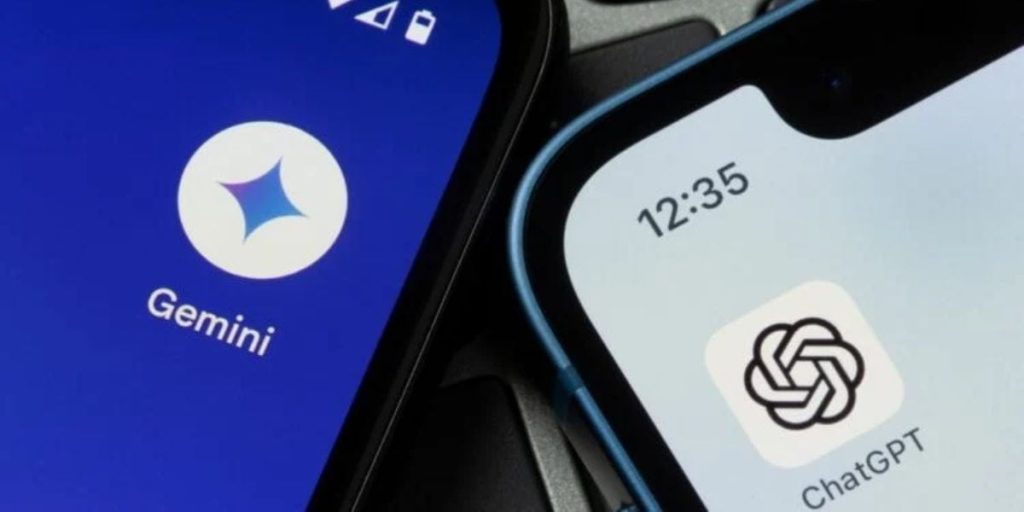The world held its breath as several human-made programming records got smashed by AI just as easily. In a groundbreaking demonstration at the 2025 International Collegiate Programming Contest (ICPC) World Finals, AI flexed its stunning progress for anyone to see.
Leading models from OpenAI and Google not only competed with the world’s best collegiate programmers but, in many respects, surpassed them, signaling a new era for AI in complex problem-solving.
AI Conquers Programming Olympics World Finals
OpenAI’s GPT-5 system delivered a flawless performance, solving all twelve challenging coding and algorithmic problems within the same five-hour constraints imposed on human teams.
Remarkably, the model achieved correct solutions on its first attempt for eleven of these problems, with only the most difficult requiring several iterations.
Not to be outdone, Google DeepMind’s Gemini 2.5 Deep Think also showcased formidable prowess, successfully tackling ten out of twelve problems, including one particularly intricate challenge that eluded every human team.
Gold-Medal Level Achievement at Programming Olympics
This unprecedented showing positions AI at a “gold-medal” standard in what many refer to as the “programming Olympics.” For the first time, AI models would have topped the human leaderboard under true competition conditions.
The models demonstrated abstract thinking, rapid adaptation, and sophisticated reasoning skills. GPT-5’s near-perfect first-attempt record points to robust internal logic, impressive memory retention, and exceptional algorithmic flexibility.
Gemini’s unique success on a problem that stumped human competitors highlights AI’s potential to push the boundaries of what was previously considered exclusive human intellectual territory.
Important Context and Considerations
While the performance is undeniably impressive, certain caveats are important to note. Neither OpenAI nor DeepMind were official competitors; their results were benchmarked using the identical problem sets and time limits, but outside the formal human competition structure.
Furthermore, success in competitive programming, while indicative of strong logical and algorithmic skills, differs from the realities of building production-level software, which involves crucial aspects like code quality, maintainability, collaborative development, and long-term debugging.
Another factor is the significant computational and training resources deployed by these advanced AI models, alongside their extensive prior exposure to a vast array of problem types: resources not universally available to all human teams.
The ICPC World Finals draw 139 elite university teams from over 100 countries, each consisting of three students sharing a single computer. Participants must solve complex problems involving hidden test cases, stringent algorithm constraints, tight runtime and memory limits, and often novel problem types.

